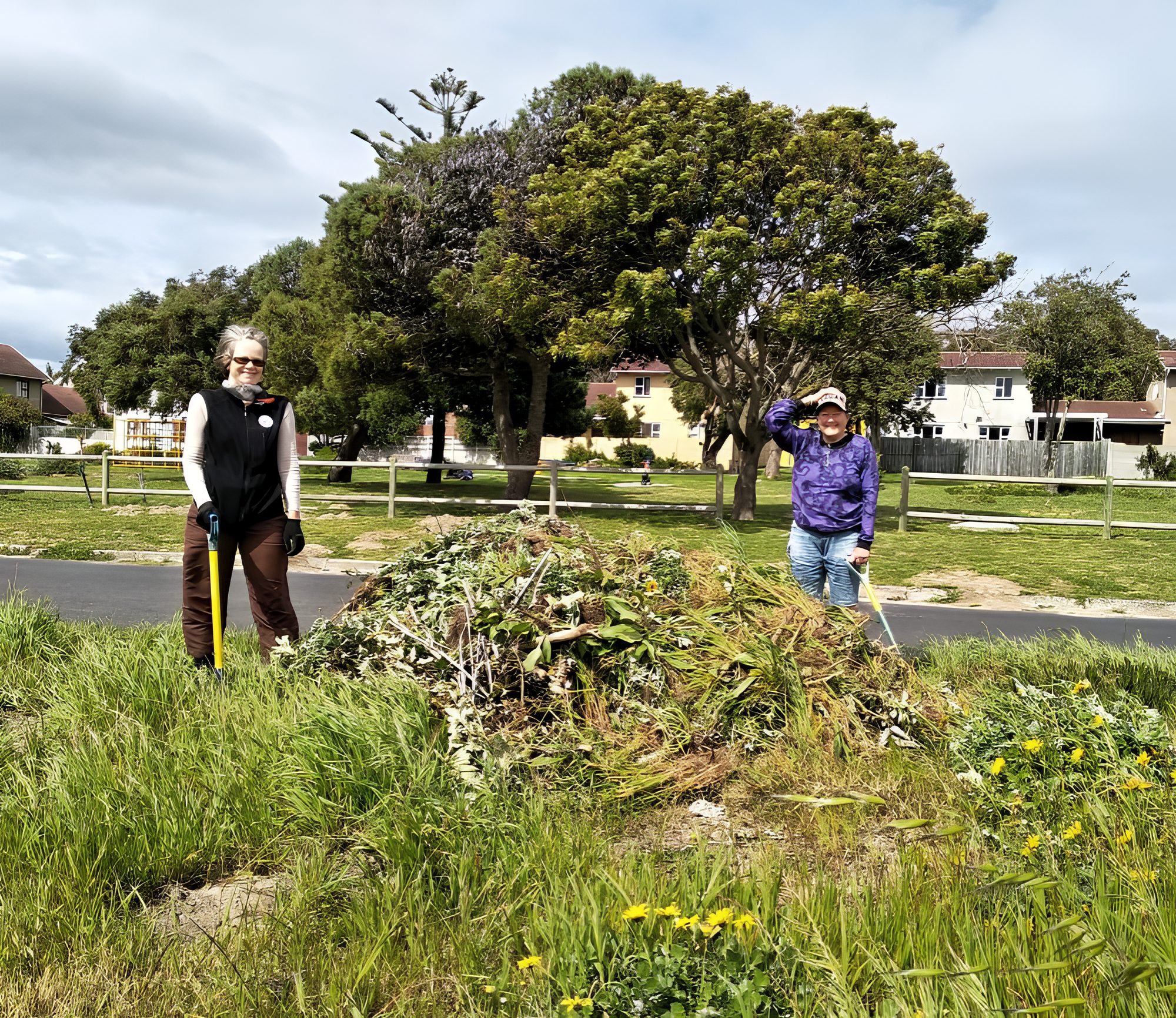Climate change solutions are within our reach even as we grapple with an uncertain future. Climate change represents one of the most pressing challenges facing our planet today, with far-reaching implications for both natural resources and the diverse ecosystems that sustain life on Earth. As we work towards meeting sustainable development goals, understanding our role in environmental stewardship becomes increasingly critical.
South Africa, blessed with extraordinary biodiversity and unique natural resources, stands particularly vulnerable to climate change impacts. However, through proper stewardship meaning taking responsibility for protecting our environment, we can implement solutions that promote sustainable development while safeguarding our precious ecosystems.
One of the fundamental strategies in combating climate change involves the protection and conservation of wildlife and their natural habitats. This aligns closely with the principles of environmental stewardship and responsible human resources management in conservation efforts.
South Africa hosts an remarkable array of species, many of which face mounting threats due to climate change and habitat loss. By implementing comprehensive conservation programmes and sustainable development practices, we can help ensure these species’ survival while promoting renewable resources for future generations. This requires careful balance between human needs and environmental protection.
Furthermore, transitioning to a green economy represents a crucial step in addressing climate change while creating sustainable employment opportunities. This approach combines environmental stewardship with human resources development in emerging green sectors.
The Western Cape has emerged as a pioneer in developing renewable resources and green technologies. Through strategic investments in clean energy solutions and sustainable practices, we can significantly reduce our carbon footprint while creating new jobs in the renewable energy sector. This demonstrates how environmental protection and economic development can work hand-in-hand.
Additionally, public education and awareness-raising about climate change solutions play vital roles in promoting environmental stewardship. By engaging communities and fostering sustainable practices, we create a culture of responsibility that benefits both current and future generations. This includes teaching people about renewable resources and sustainable development goals.
The integration of sustainable development principles into business practices has become increasingly important. Companies must now consider their environmental impact alongside traditional human resources and operational concerns. This holistic approach helps organisations contribute to climate change mitigation while maintaining economic viability.
Conservation efforts must extend beyond protected areas to encompass all natural resources management. This includes sustainable water usage, responsible land management, and the protection of biodiversity hotspots. Such comprehensive approaches help ensure that our environmental stewardship efforts have lasting positive impacts.
In conclusion, while climate change presents significant challenges, viable solutions exist within our reach. Through collaborative efforts to protect wildlife, promote renewable resources, and educate the public, we can create positive environmental change. This requires commitment to sustainable development goals and proper stewardship of our natural resources.
The time for action is now. By embracing our role as environmental stewards and working towards sustainable development goals, we can help ensure that future generations continue to enjoy South Africa’s natural heritage. This involves making conscious choices about resource use and supporting initiatives that promote environmental conservation.
Our actions on climate change and sustainability will define our legacy. Through proper stewardship of our natural resources and commitment to sustainable development, we can create a more resilient and environmentally conscious society.


Leave a Reply